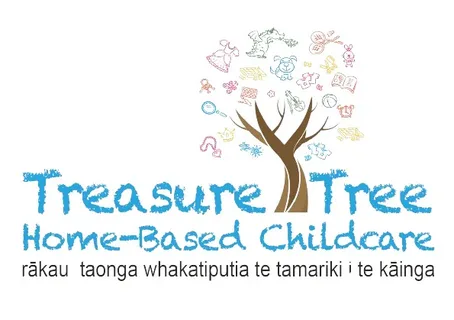Starting a home-based childcare business can be a rewarding venture, allowing individuals to provide essential services to families while working from home. However, one of the most critical aspects of setting up such a business is understanding licensing and regulations for home based childcare. These legal requirements ensure the safety, development, and well-being of children under care.
Why Licensing Matters
Licensing serves as a quality control mechanism that helps maintain high standards in childcare services. It not only protects children but also ensures that providers are held accountable. For parents, knowing that a provider is licensed offers peace of mind that their child is in a safe and nurturing environment.
Key Licensing Requirements
The specific requirements for obtaining a childcare license vary by region, but common elements typically include:
- Background Checks: Providers and anyone living in the home may be required to undergo criminal background checks.
- Home Safety Inspections: The premises must meet safety standards, including secure exits, childproofed areas, and proper hygiene.
- Training and Certifications: Many regions require training in CPR, first aid, and early childhood education.
- Capacity Limits: There may be limits on the number and age range of children who can be cared for at one time.
Understanding licensing and regulations for home based childcare includes familiarizing oneself with these core requirements to ensure full compliance.
Regulatory Bodies and Compliance
Each state or country has a governing body that oversees childcare licensing. For example, in the United States, this might be the Department of Health and Human Services or a state-level childcare licensing agency. These bodies conduct inspections, handle complaints, and issue or revoke licenses as needed.
Staying in compliance with these regulations not only avoids legal consequences but also builds credibility and trust with clients. It’s essential for providers to keep up with any changes in local laws and guidelines.
Benefits of Being Licensed
While the licensing process can seem daunting, there are numerous benefits:
- Increased Trust and Enrollment: Parents are more likely to choose a licensed provider.
- Access to Subsidy Programs: Many government-funded childcare assistance programs require providers to be licensed.
- Professional Development: Licensing often includes access to training and resources for improving care.
By understanding licensing and regulations for home based childcare, providers position themselves for long-term success and professional growth.
Tips for Navigating the Licensing Process
Here are a few steps to make the licensing process more manageable:
- Research Local Laws: Start by visiting your local childcare licensing agency’s website.
- Attend Orientation Sessions: Many agencies offer free sessions to explain the process.
- Prepare Thorough Documentation: Gather all necessary paperwork ahead of time.
- Create a Safe and Engaging Environment: Set up your home to meet safety and developmental standards.
- Stay Organized: Keep track of renewal dates, training updates, and inspection schedules.
Conclusion
Understanding licensing and regulations for home based childcare is essential for anyone looking to operate a professional and legal childcare service from their home. It ensures the safety of children, builds trust with families, and opens up access to valuable resources and support. With the right preparation and commitment to quality care, becoming a licensed provider can be a fulfilling and sustainable career path.


